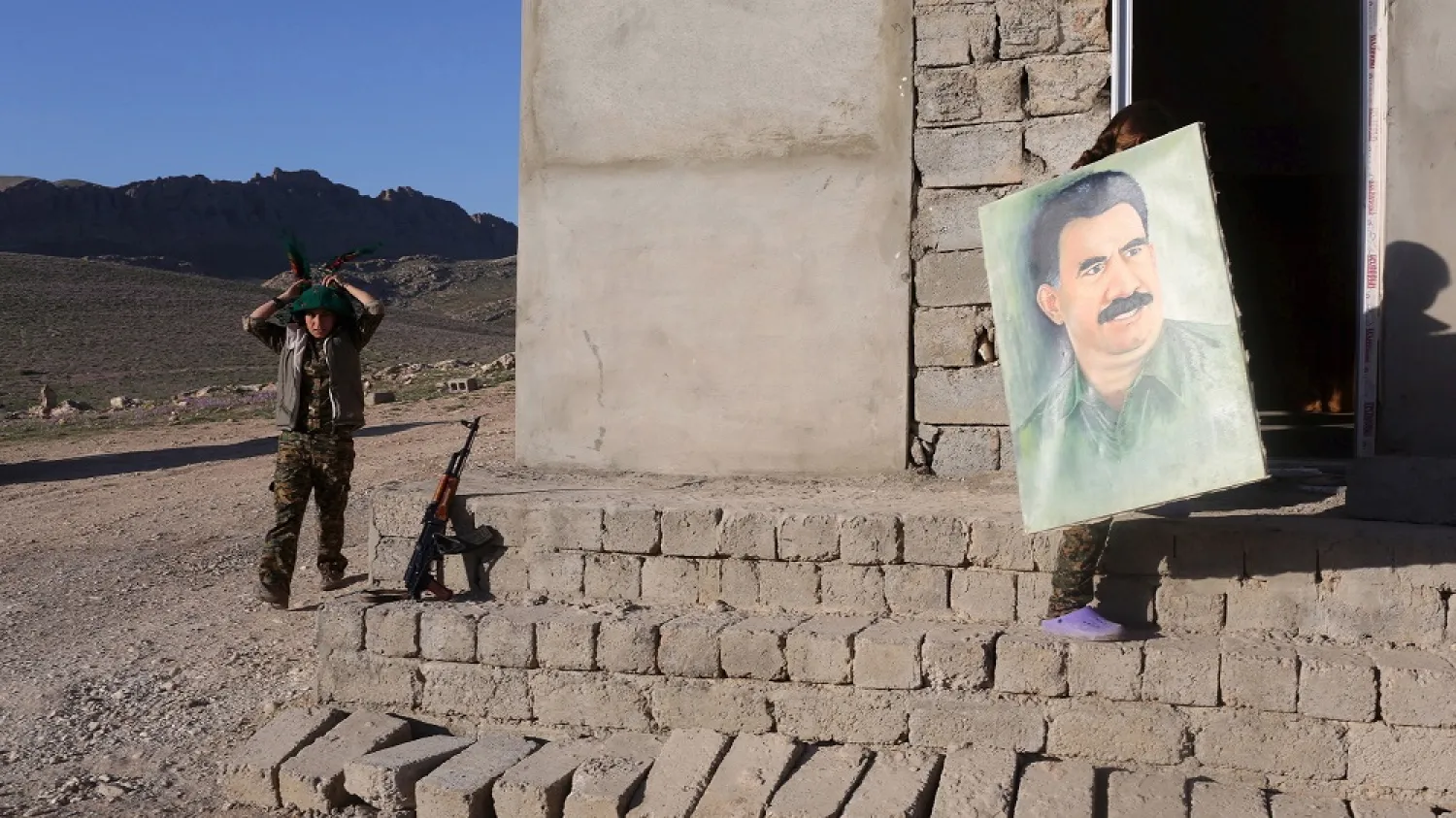The Fatah coalition, the second largest bloc in the Iraqi parliament, warned on Monday against Turkey’s plans to establish a security belt within Iraqi territories in the Kurdistan region.
Head of the alliance, Hadi al-Ameri said in a statement: “We are following with deep concern the largescale Turkish invasion of northern Iraq.”
He expressed his rejection of the attack, saying it is not justified and has no legal basis.
He warned that the invasion differs that previous ones, noting that Turkish forces have gone as deep as 25 kilometers into Iraqi territories.
“This is dangerous as it appears that the Turks are seeking to impose a new status quo and to form a security belt similar to the one in northern Syria,” Ameri added.
“We warn against such a plan and urge the Turkish government to immediately withdraw from Iraqi territory,” he continued. “Such hostile acts go against the interests of both countries, which share historic, religious and fraternal ties, as well as developed economic relations.”
Moreover, Ameri called on the Iraqi government to speak out against the violations and take all the necessary diplomatic and political measures to put a stop to such repeated attacks. He urged it to address the issue at the Arab League, Organization of Islamic Cooperation and international arenas.
“All national Iraqi forces must take a united stand to preserve Iraqi sovereignty,” he declared.
Fatah MP Dr. Naim al-Abboudi slammed Turkey’s “flagrant violation of Iraq’s territories.”
In remarks to Asharq Al-Awsat, he said: “We must not stand idly by against Turkey’s actions.”
“All Iraqi politicians and national forces must unite their ranks in order to confront the Turkish infiltration,” he demanded. “The Iraqi government must assume its responsibilities given the massive popular opposition to Turkey’s infiltration.”
Ankara had last month launch military operations against the Kurdistan Workers Party (PKK) in northern Iraq, in response to what it said was an increase in militant attacks on Turkish army bases along the border between the countries.
Turkey regularly attacks PKK militants, both in its mainly Kurdish southeast and in northern Iraq, where the group is based. It has also warned in recent years of a potential ground offensive against PKK bases in Iraq’s Qandil mountains. north Iraq
Turkey’s recent incursions in Iraq have drawn widespread condemnation in the Arab world.









